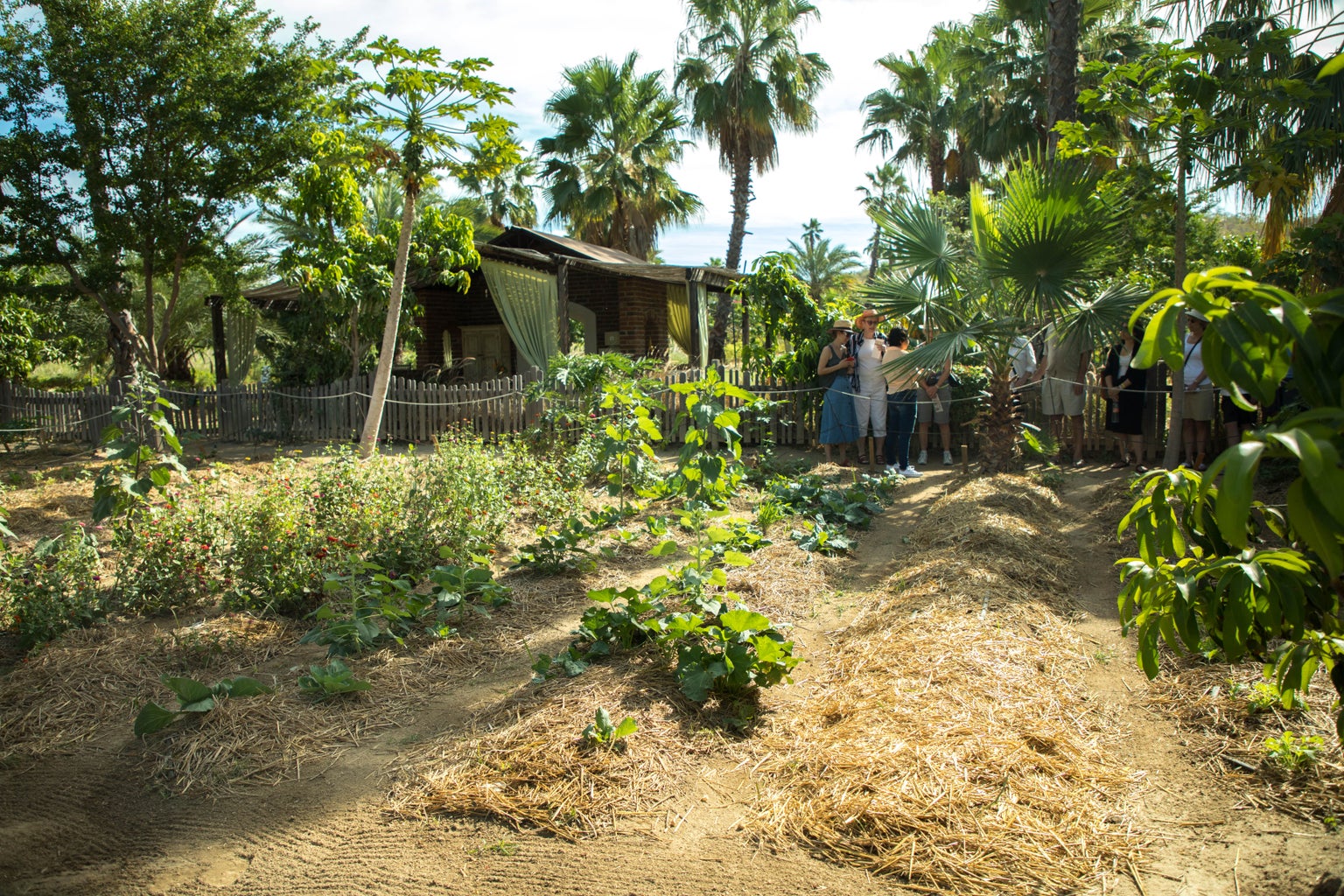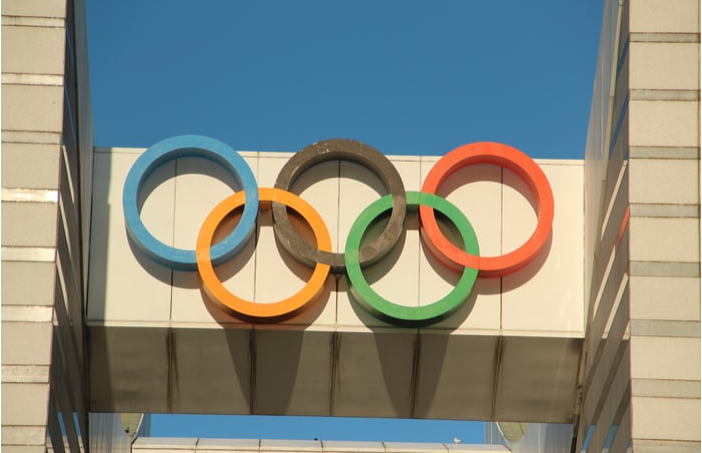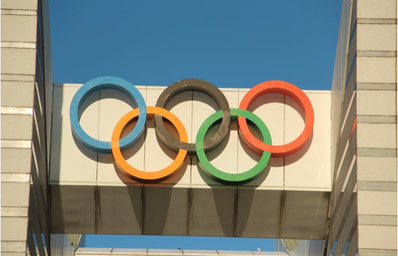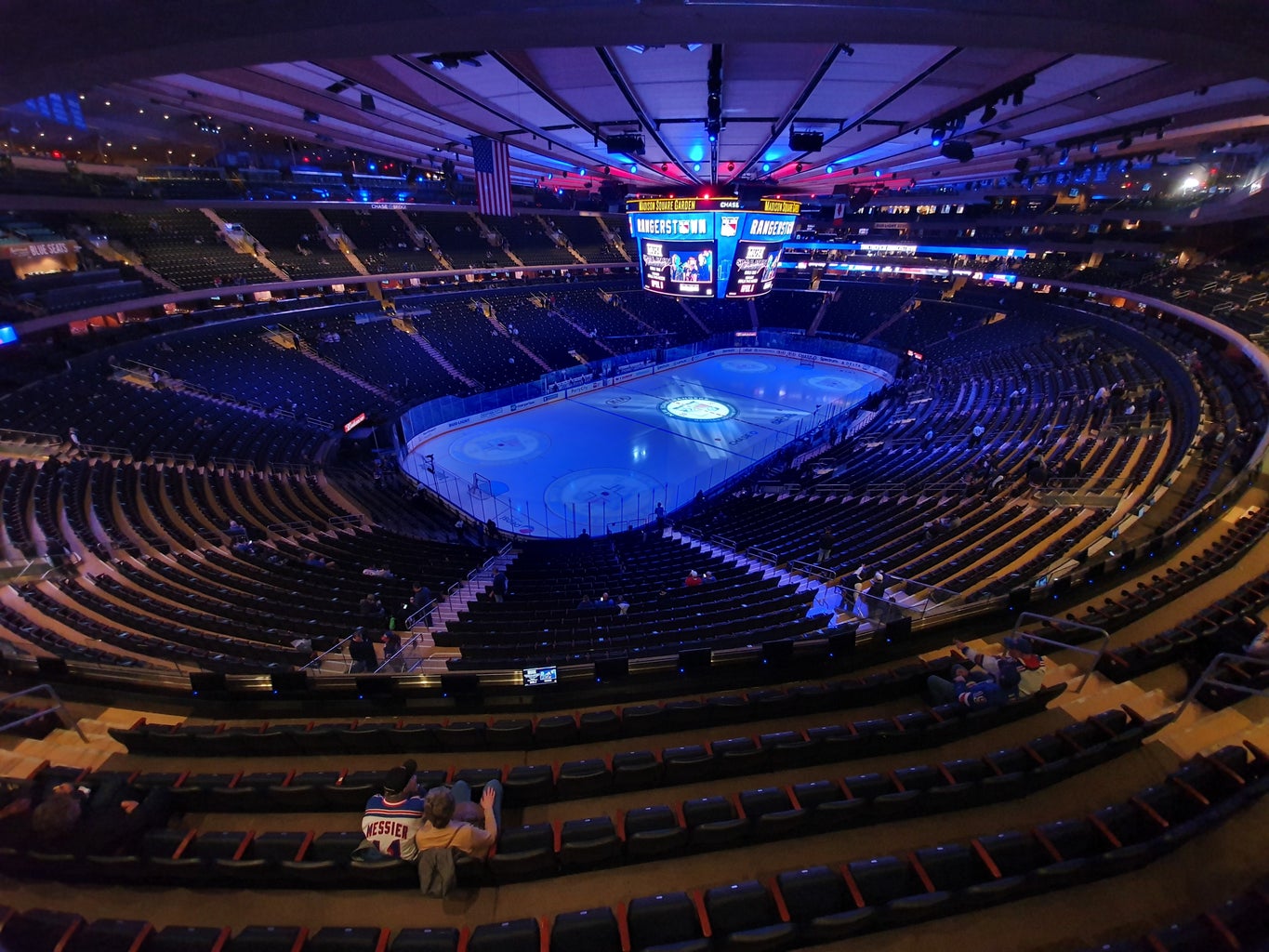Some of my earliest memories include my hot-headed father screaming at the Olympic divers, as if a) they could hear him and b) he was an expert at diving. It always made me laugh, mostly because of how much his happiness depended on the success of these athletic strangers, but also because I knew how much the Olympics meant to him. It wasn’t just my dad though—it was almost everybody I knew. The Olympics have an unbelievable and immeasurable effect on our society and culture.
I found this incredible — so much joy and community was created through a simple concept of countries coming together and competing against each other. I continued to look forward to the Olympics, fortunately not having to wait too long with the summer and winter Olympics being two years apart.
As I watched more and more of the Olympics, I started to question if it was the most environmentally friendly event. I read headlines about the amount of new arenas and stadiums being built and the unethical processes to do so. Impoverished areas filled with poorer families were displaced and workers were forced to work long and dangerous hours. The more I heard about this, I really realized that the Olympics aren’t as perfect and joyous as I once thought it to be.
I wanted to do more research on the environmental impact of the Olympics. I’ve always been extremely passionate about the environment and sustainability, and wondered how the Olympics negatively affected the environment (which I truly wanted it not to, but alas). The Washington Post’s “The Price of Gold” immediately caught my attention. It follows the story of Vila Autódromo, a small town of 700 families that was displaced to create parking lots for the Olympics.
Hearing about the families being displaced was awful in and of itself, but hearing that they were forcibly removed for a parking lot sends my heart rate through the roof. At first, this seems like “just” a human rights violation (which is a disgusting phrase to even type), but it also is such a strain on the environment. Leveling all that land with heavy construction equipment uproots a lot of healthy soil and deplenishes said soil. This easily impacts the rest of the ecosystem that relies on the soil, reducing biodiversity and the nutrients for dependent animals and plants, as well as prolonging the already-lengthy amount of time it takes to create healthy and nutritious soil.

What also blew my mind was that this is only one instance of environmental degradation and human rights violations due to the Olympics. Only one, not to even mention the instances that were swept under the rug. And this was just a parking lot—what about arenas? Stadiums? Pools? Housing? And now the parking lot is deserted. No one even uses it anymore. But the bodies of water nearby? Polluted to the point where fishing is impossible and life cannot be sustained.
We just had the 2022 Beijing Winter Olympics, and, unfortunately, Olympic sustainability has not improved with time. According to NPR’s Jaclyn Diaz, the winter Olympics’ use of artificial snow, removal of twenty thousand trees, and coal use has extremely harmful effects on the environment. Artificial snow creation takes an egregious amount of water and chemicals, again straining the environment. It also poses an important question: what will we do with the snow when the Olympics is over? The negative impacts of the removal of twenty thousand (yes, read that again) trees and the use of coal is self explanatory. The habitat those trees supply to animals is irreplaceable, and the removal subsequently displaces those animals.
From just these two examples, it is clear that the Olympics have a lot to work on in terms of sustainability. There are some projects and initiatives that I’ve been happy to see, such as the 2012 London Games turning part of the Olympic park into a new campus, and the Beijing 2008 games turning their “Water Cube” (area for swimming competitions) into a water park. Repurposing these venues into new and more helpful things is the true definition of sustainability.
Yet it’s still not enough. The Water Cube ended up losing more money, even with its high levels of success and popularity. Many places still end up abandoned and never to be used again, leaving a long-lasting and devastating environmental impact. I don’t believe a cancellation of the Olympics is the best idea — can you even imagine the public response? However, I do think there need to be serious structural changes, such as keeping the Olympics in one place and reusing said venues. While this might, for some people, take away the novelty of the Olympics, it’s a payoff that is worth it in the end.
As entertainment consumers, we can deal with not having a new city host every time. If it means we get to preserve a bit more of our environment and maintain basic human rights, it is a trade-off we need to make.
Want to keep up with HCBU? Make sure to like us on Facebook, follow us on Instagram, check out our Pinterest board, and read our latest Tweets!




